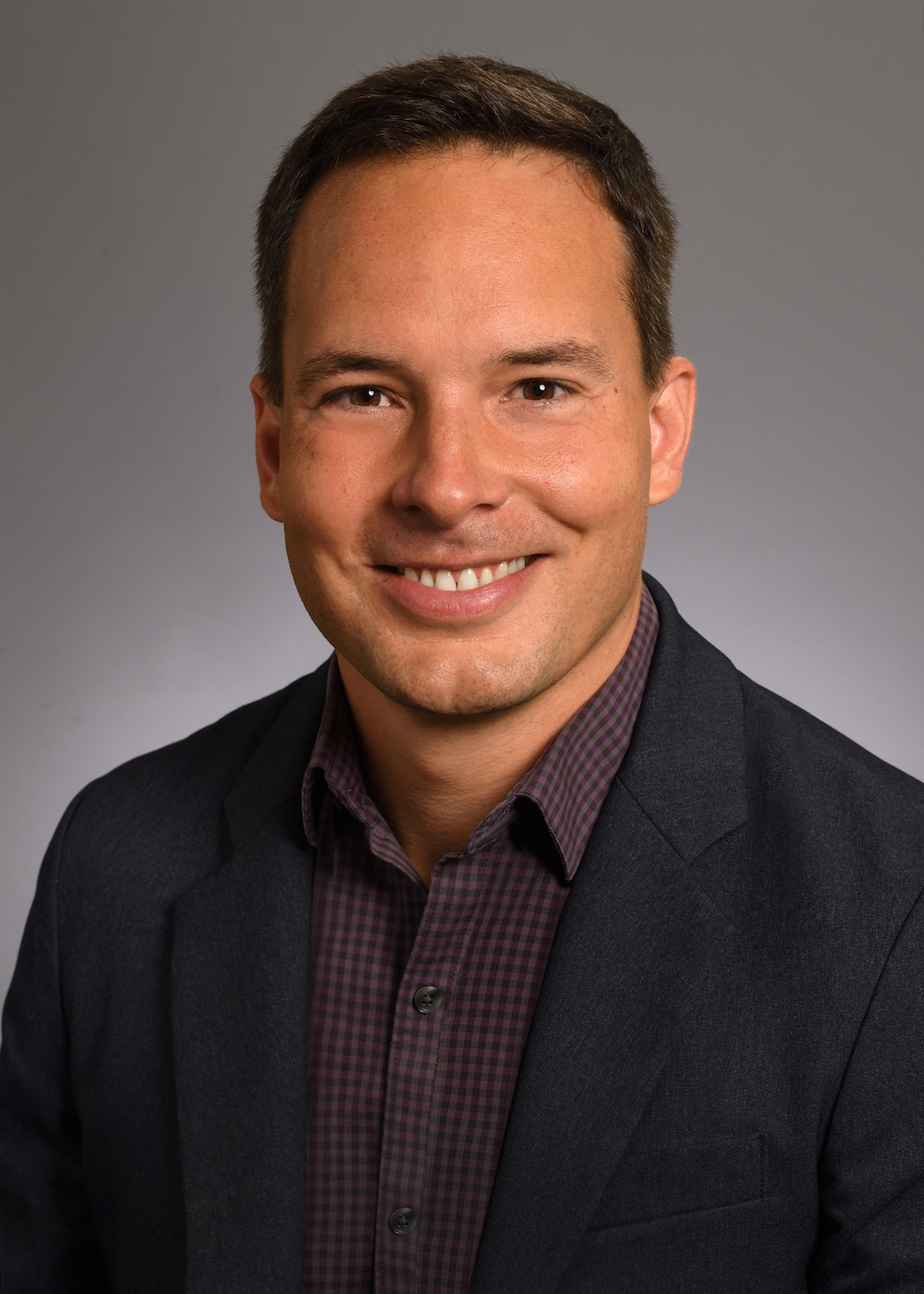Dr. Thomas Kukar

Thomas Kukar, PhD, is an Associate Professor in the Departments of Pharmacology and Chemical Biology and Neurology at Emory University School of Medicine. Dr. Kukar is a double Gator! He received a BS in Microbiology and Cell Science then completed a PhD in Medicinal Chemistry from the University of Florida. Next, he did his post-doctoral training at Mayo Clinic in the Laboratory of Todd Golde, MD, PhD, where he focused on Alzheimer’s disease and a class of drugs called gamma-secretase modulators (GSMs). Towards the end of his postdoc, he received the highly competitive NIH Pathways to Independence (K99/R00) Award to facilitate and fund his independent research lab leading him to join Emory University in 2010.
Dr. Kukar is a scientist on a mission to develop therapies to prevent or cure two of the most common causes of dementia: Alzheimer’s disease (AD) and frontotemporal degeneration (FTD). Since starting his lab at Emory, he has become recognized as a global expert on the role of progranulin (PGRN) in neurodegeneration. Further, he has become a thought leader emphasizing the critical importance of lysosomal dysfunction as a primary cause of FTD, AD, and related neurodegenerative diseases such as amyotrophic lateral sclerosis (ALS) as demonstrated by a recent book chapter and highly cited review article.
Over the years, Dr. Kukar’s lab and research has been enabled by the generous support of donors, the National Institutes of Health, the Alzheimer’s Association, the Bluefield Foundation to Cure FTD, the Association for Frontotemporal Degeneration, the Charleston Conference on Alzheimer’s Disease, the Alzheimer's Drug Discovery Foundation, and the BrightFocus Foundation.
Dr. Kukar’s current research focuses on the lab’s novel discovery that PGRN is continuously trafficked to the lysosome and cleaved into small proteins called granulin, which are neuroprotective. Previously, granulins were thought to act like cytokines and kill neurons. Instead, the Kukar lab has discovered that granulins are beneficial and have therapeutic potential to treat FTD and AD. Lack of PGRN and granulins causes lipids to accumulate in the lysosome leading to neuroinflammation and neurodegeneration in the brain. Over the next five years, a major lab focus aims to answer a critical question: What are the functions of granulins in the lysosome? Beyond PGRN, the lab has also observed that mutations in genes encoding lysosomal proteins cause FTD, ALS, AD, and other neurodegenerative diseases. Thus, a major new direction for the lab focuses on the lysosome as a central hub to understand, and treat, AD-related dementia and neurodegeneration.

